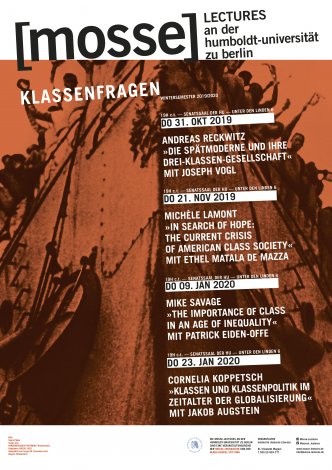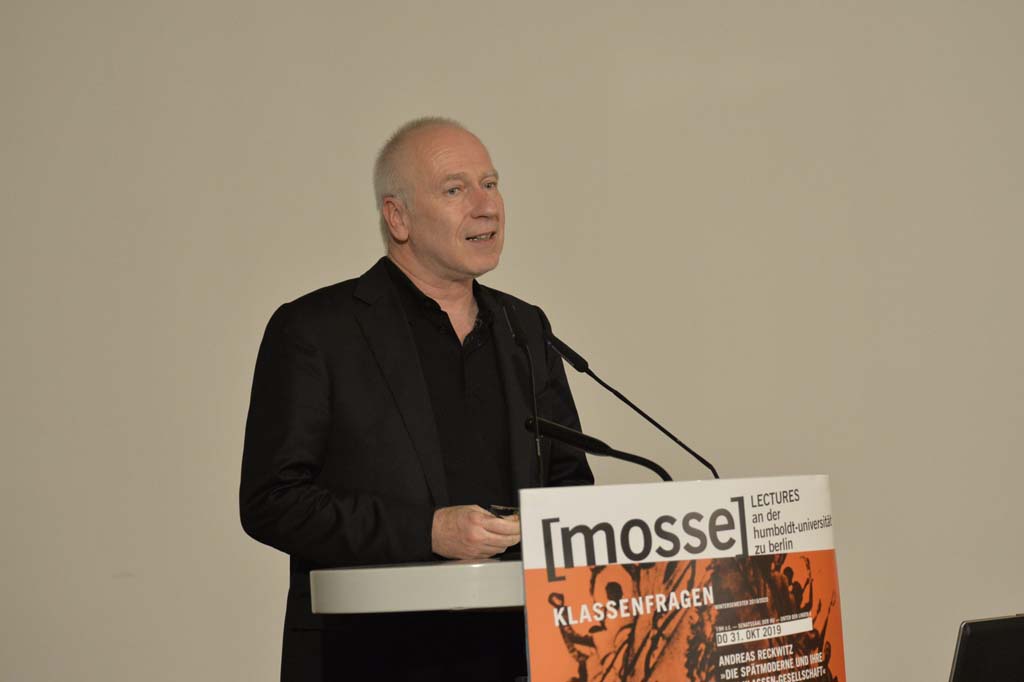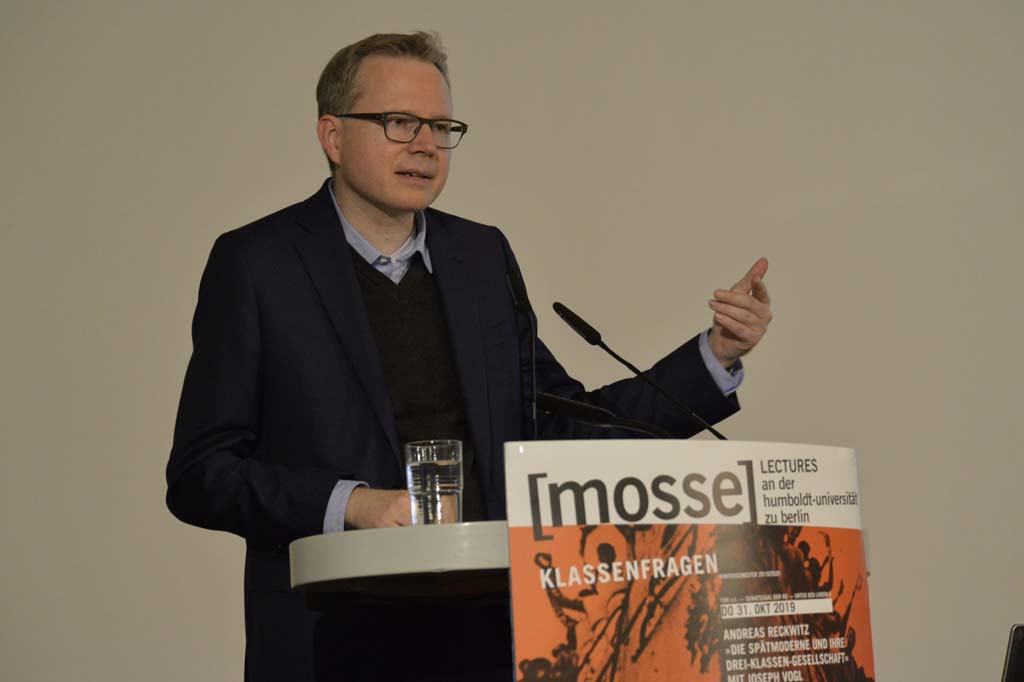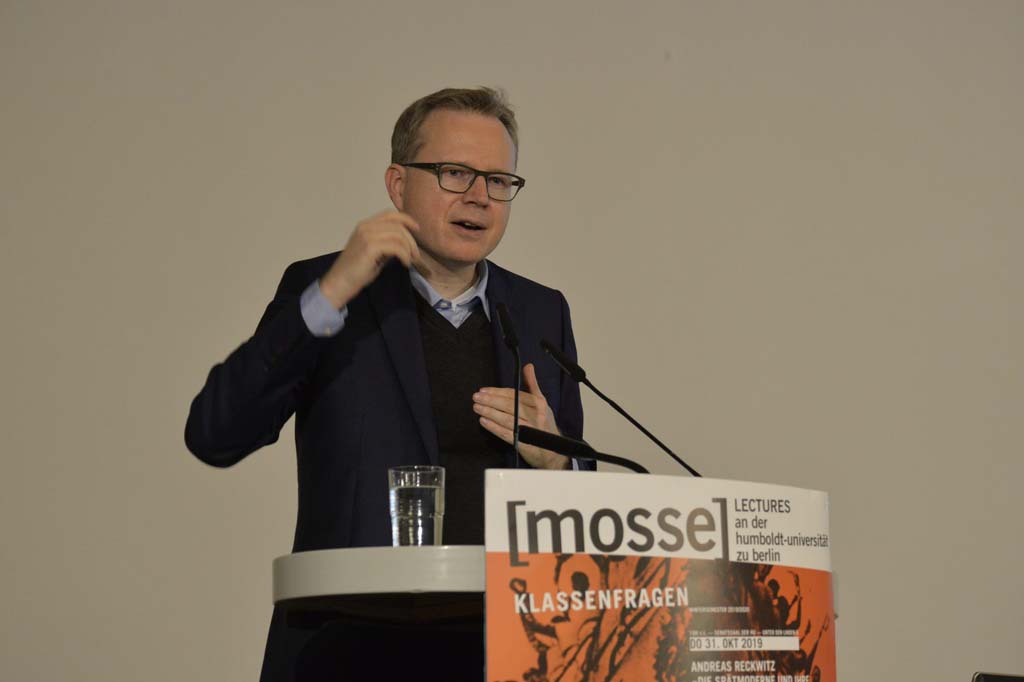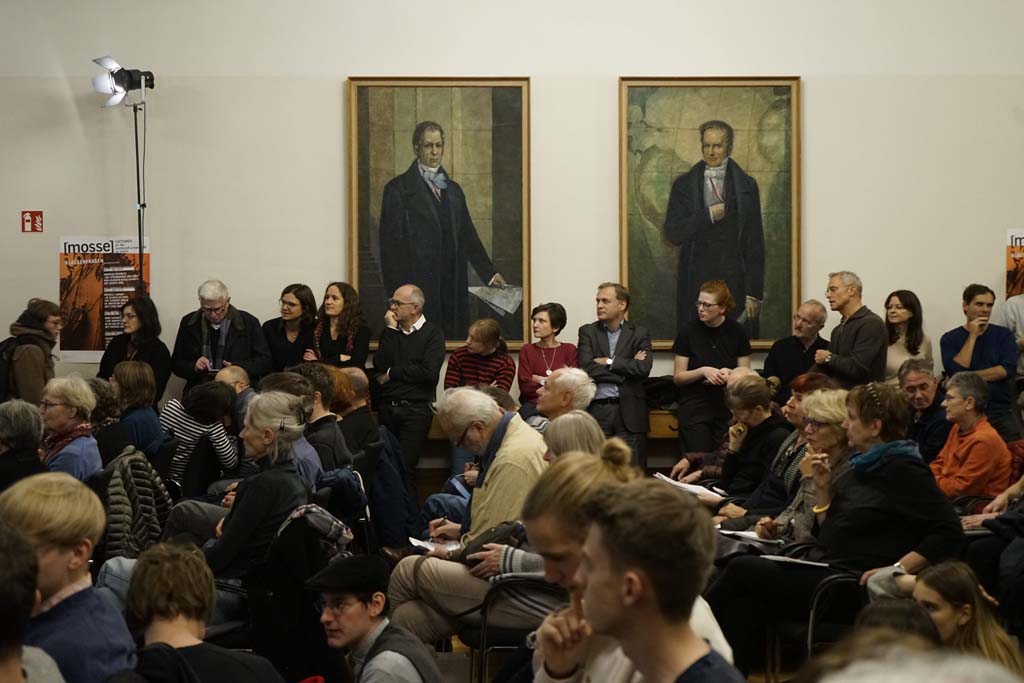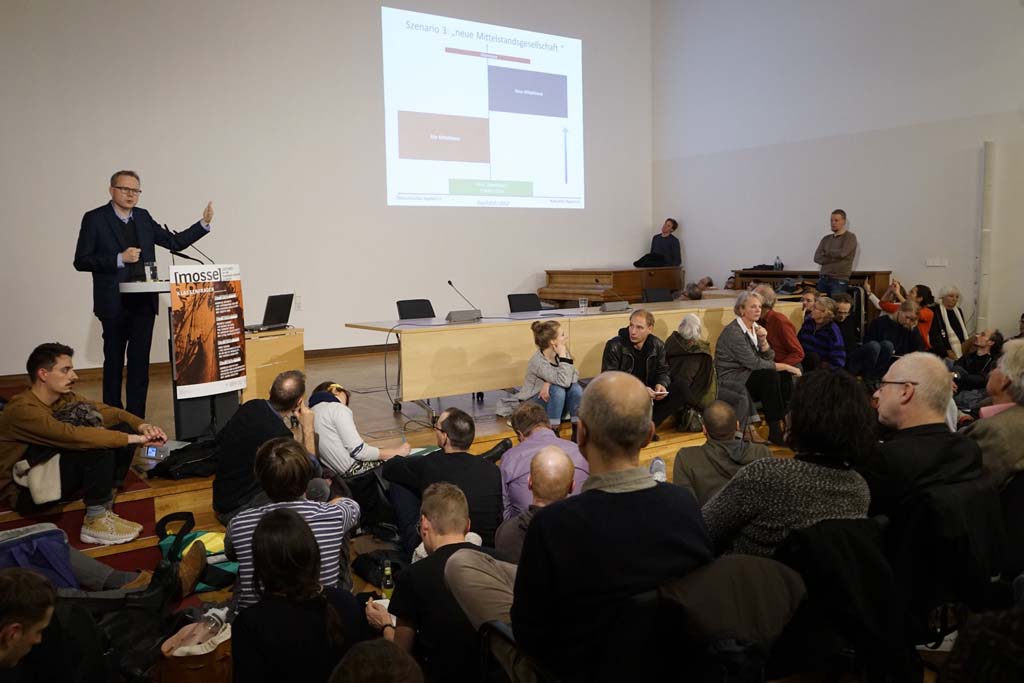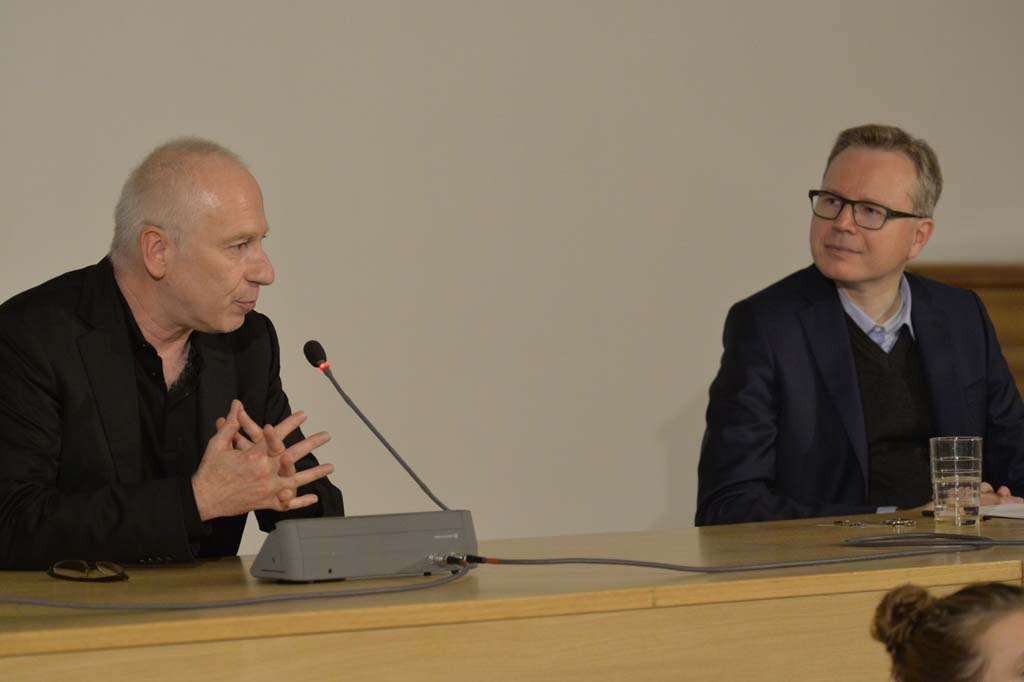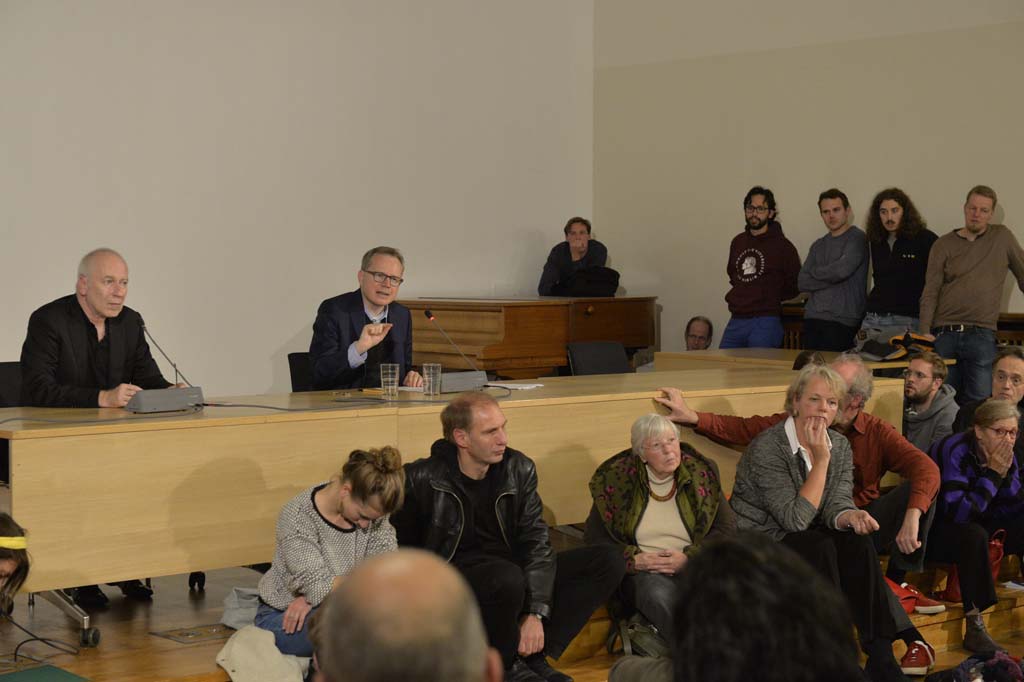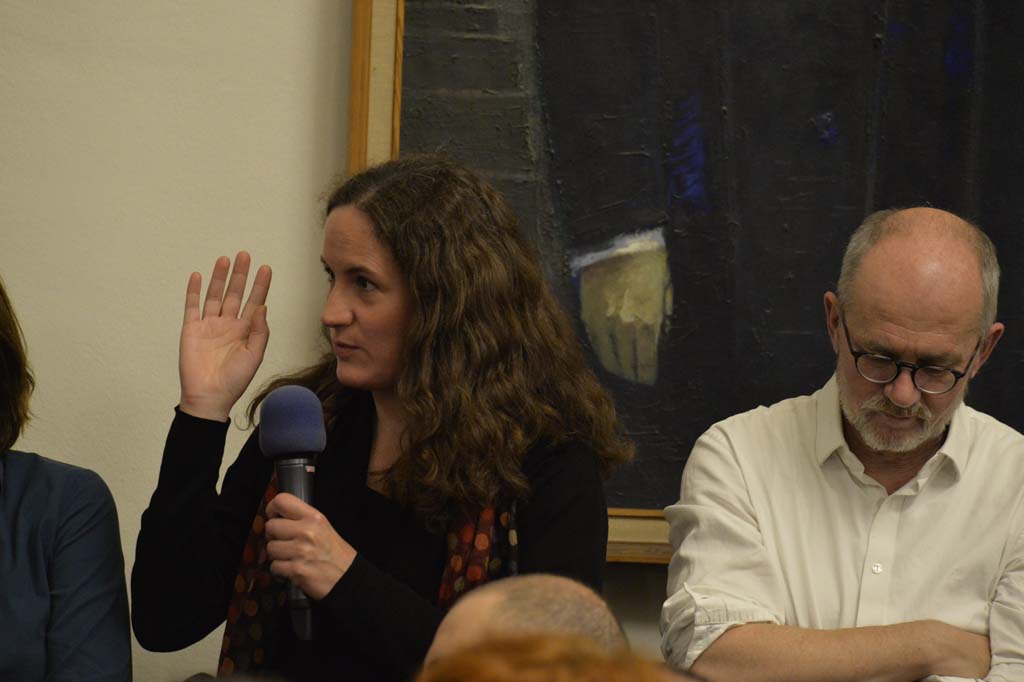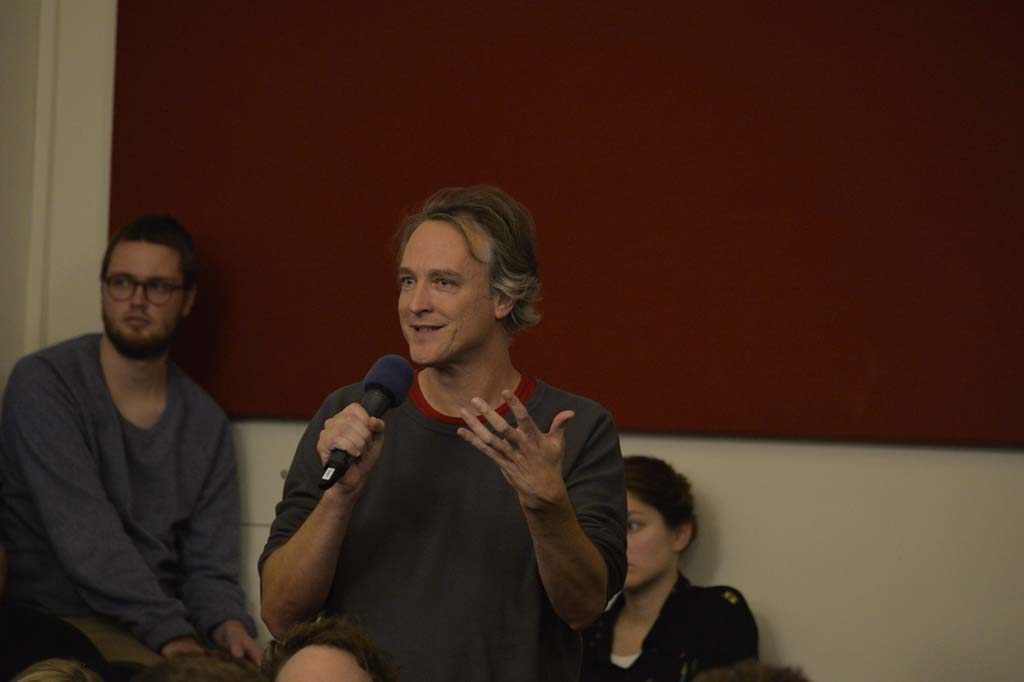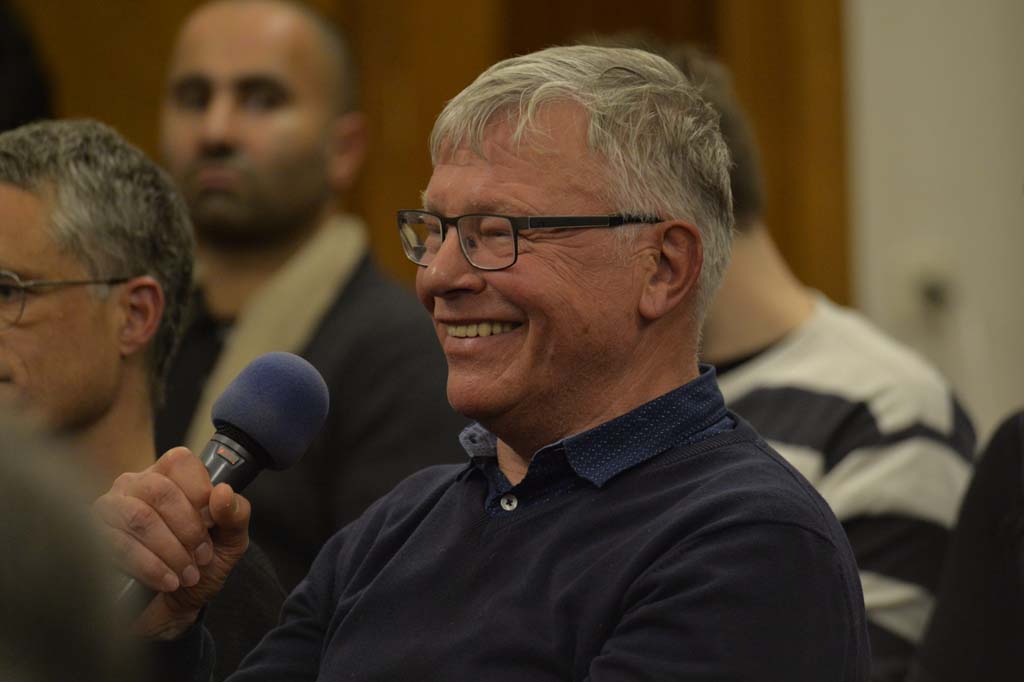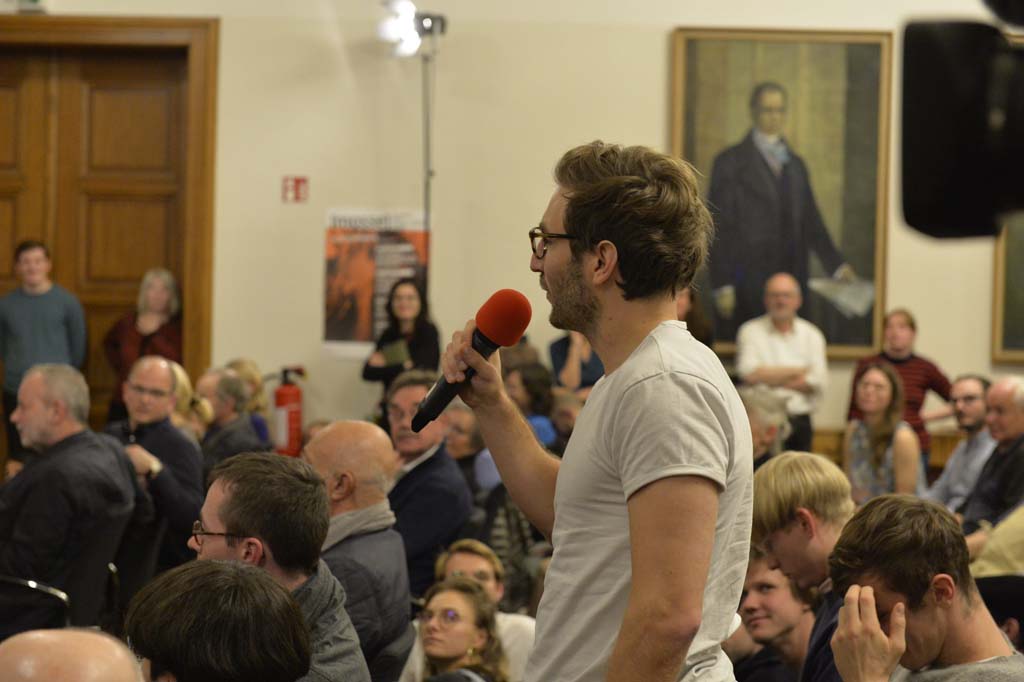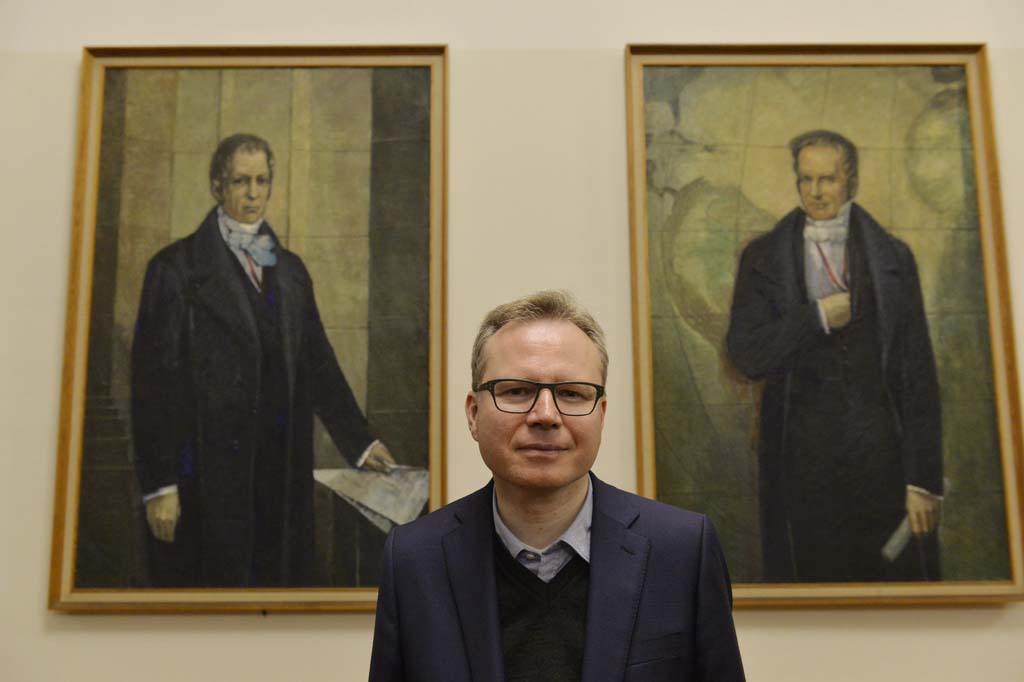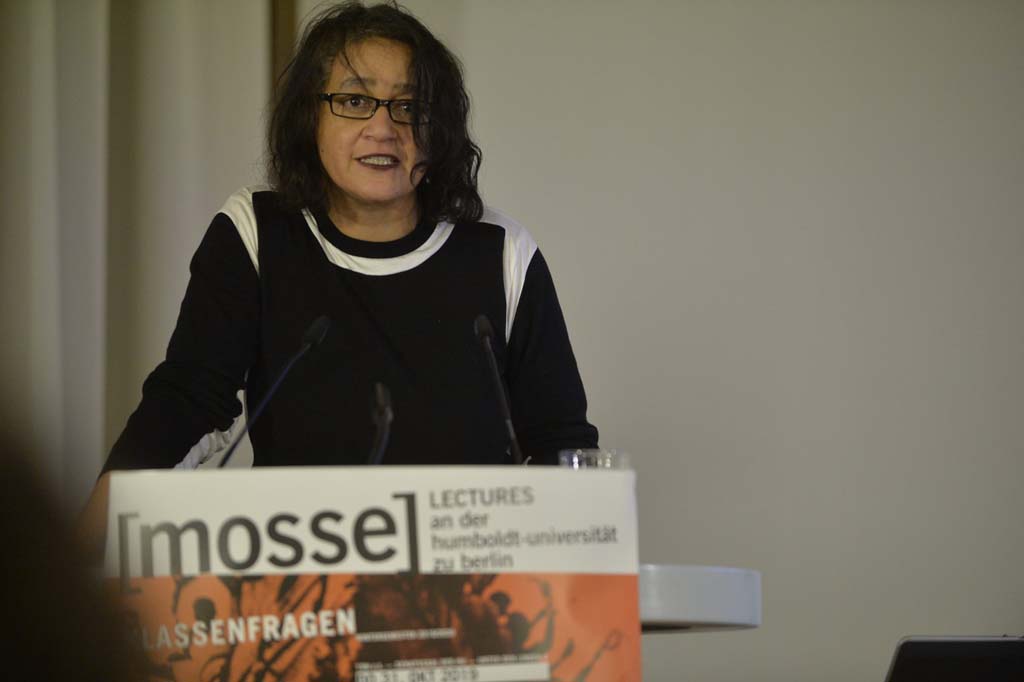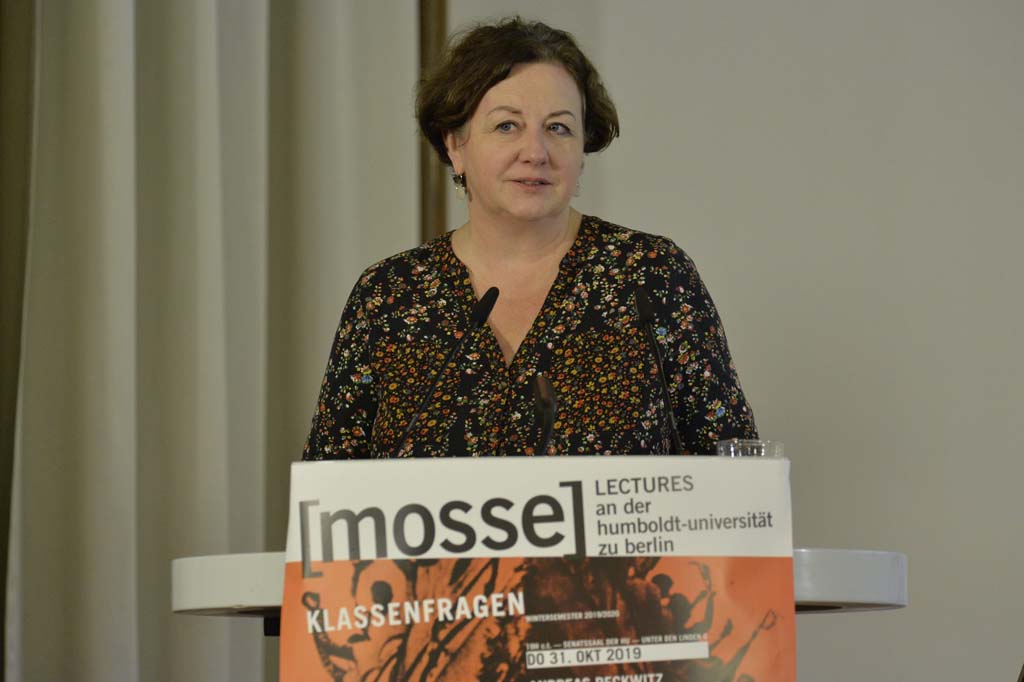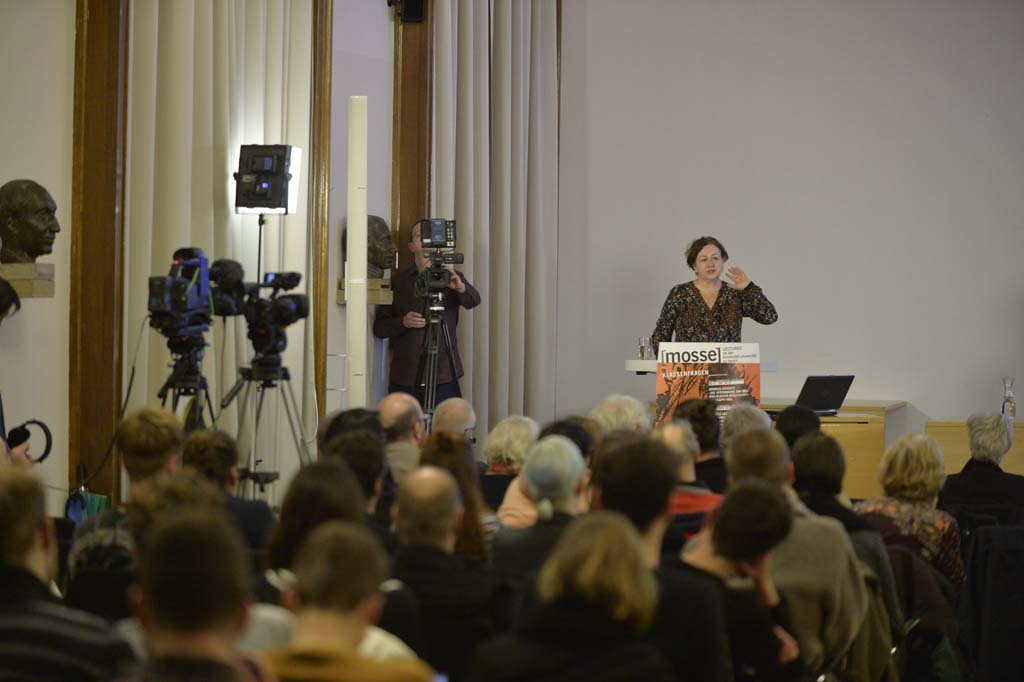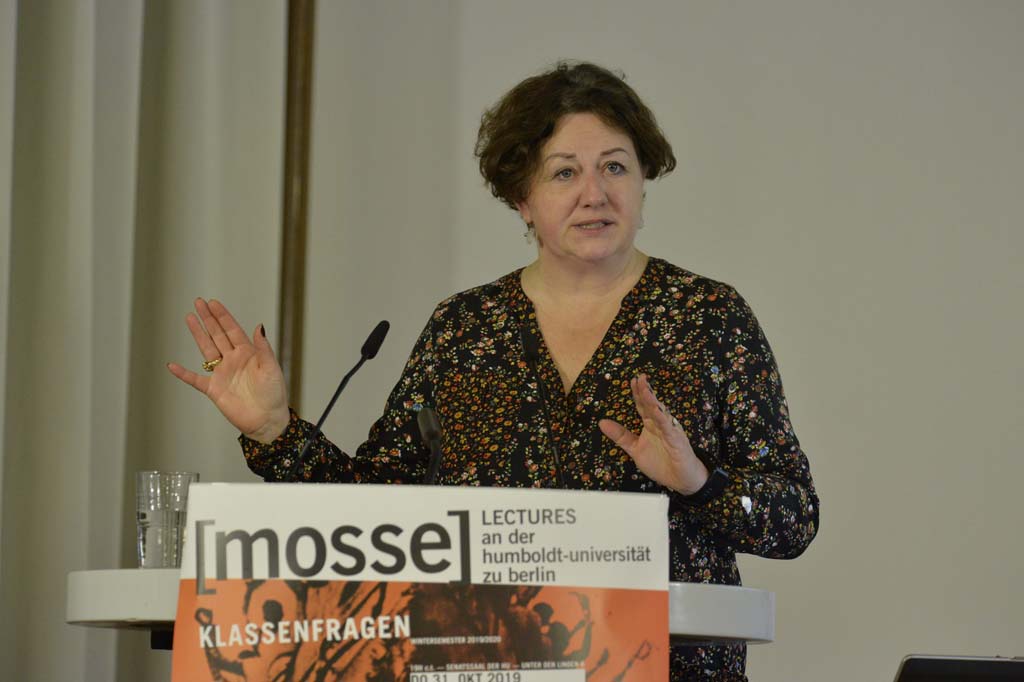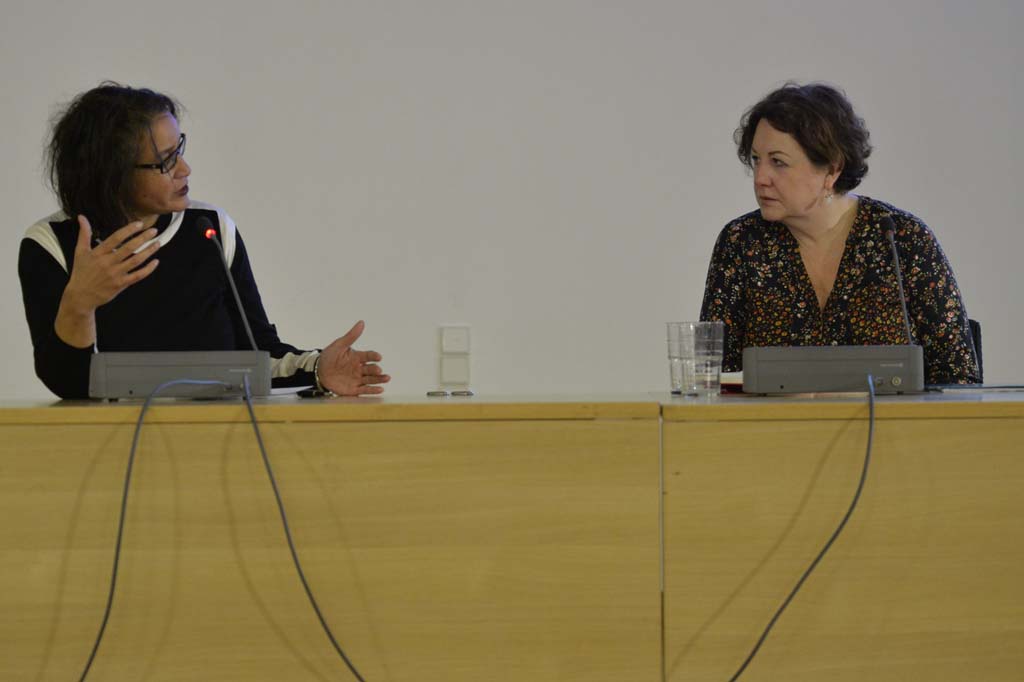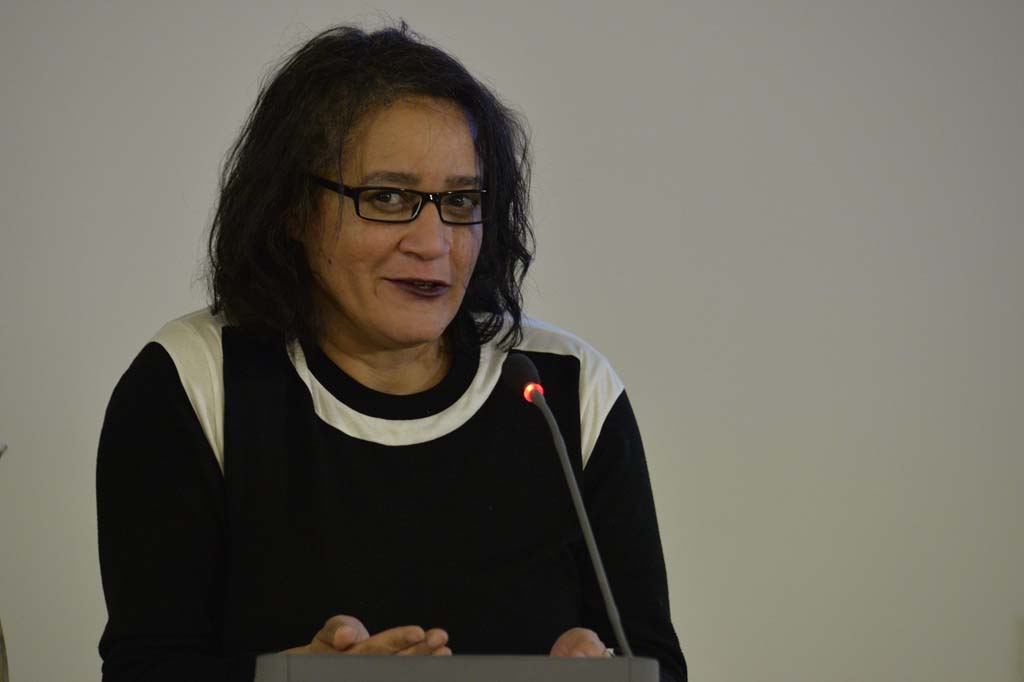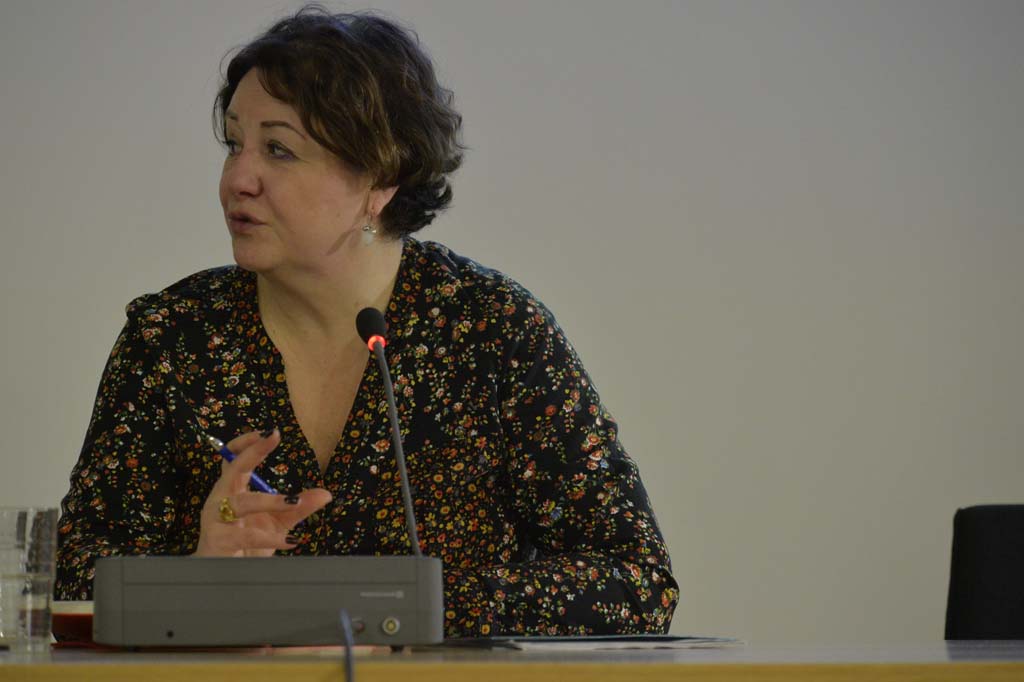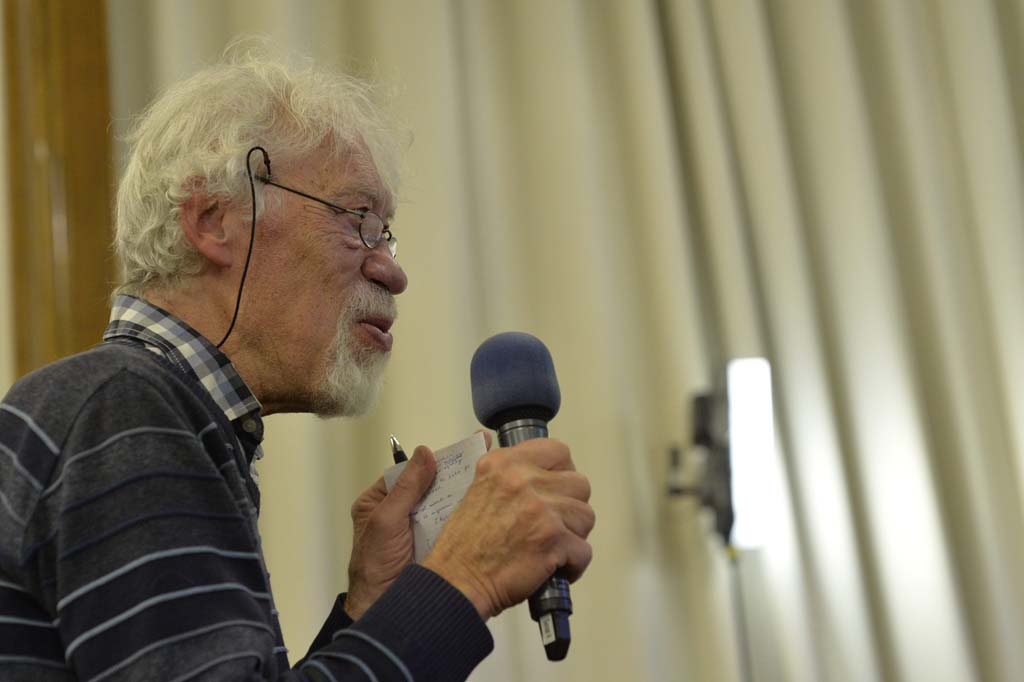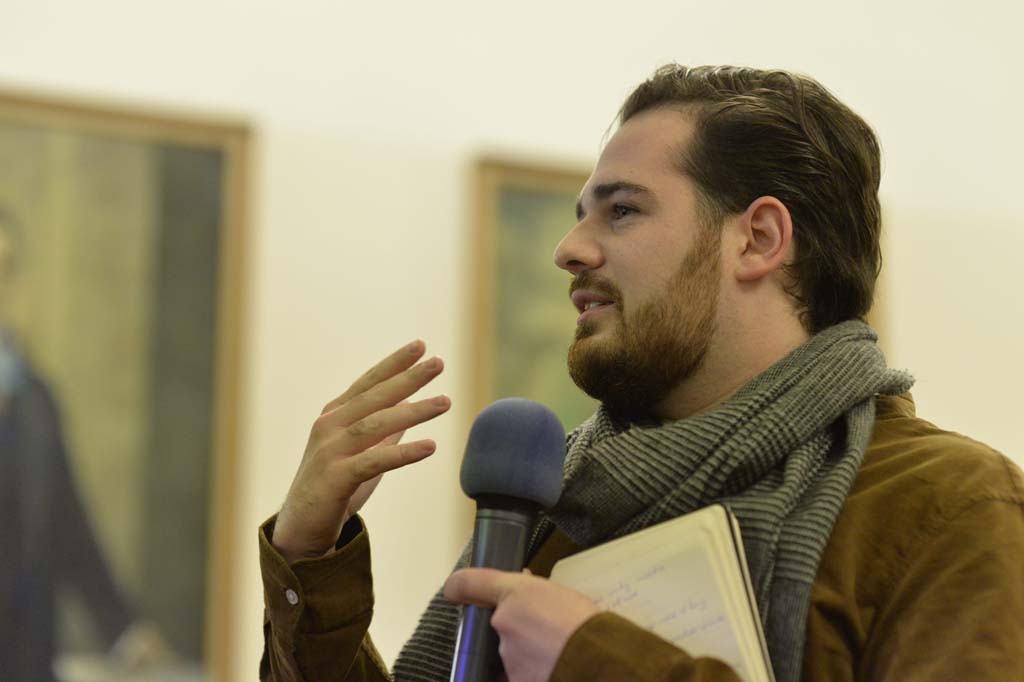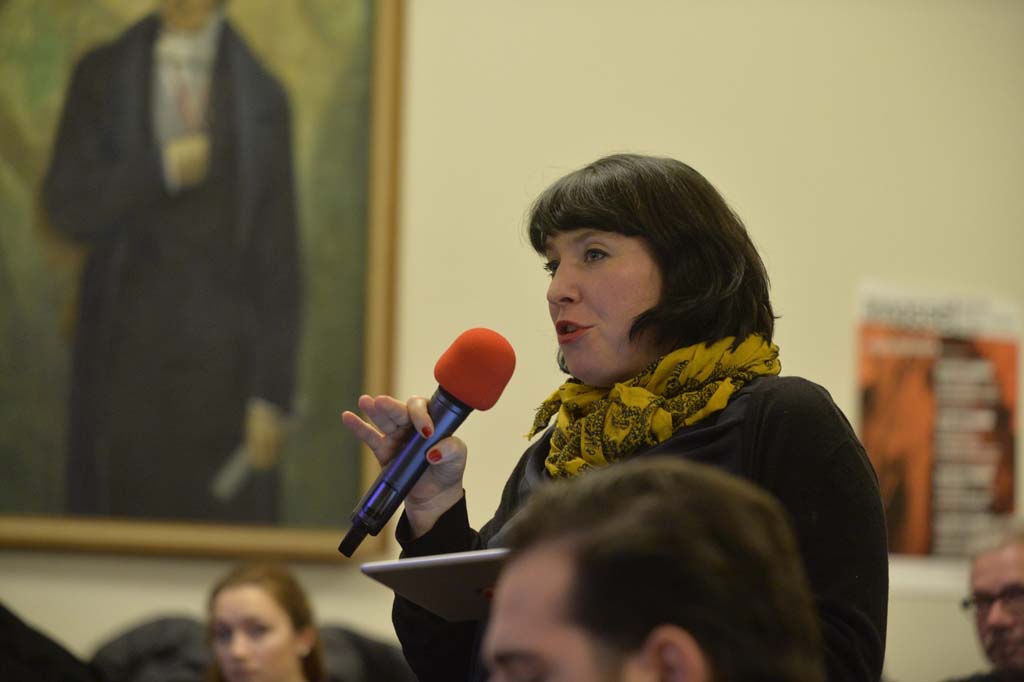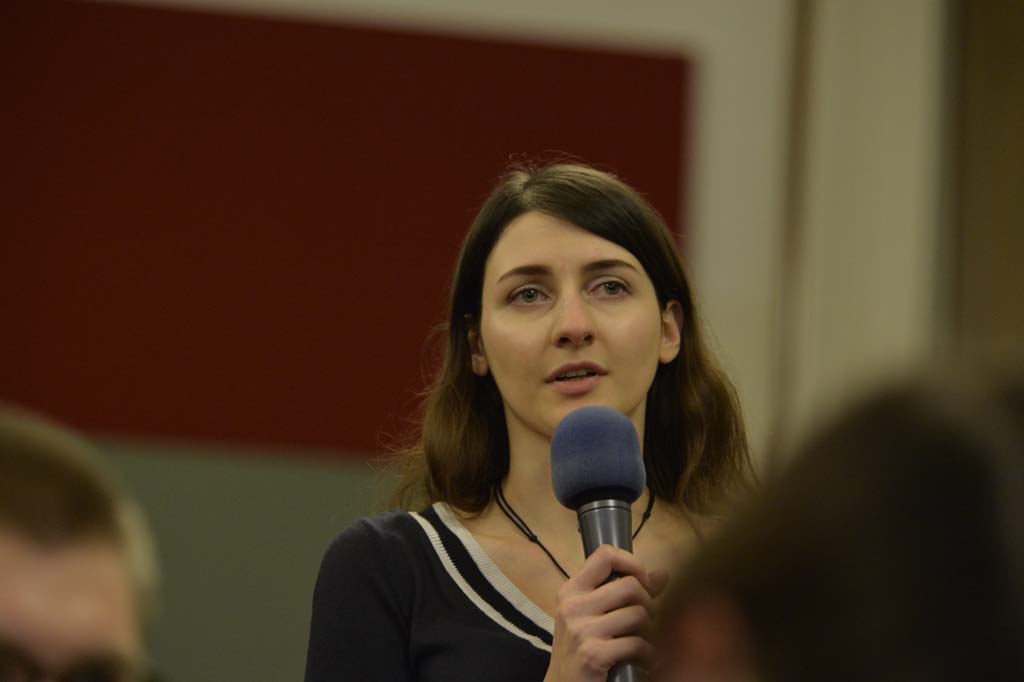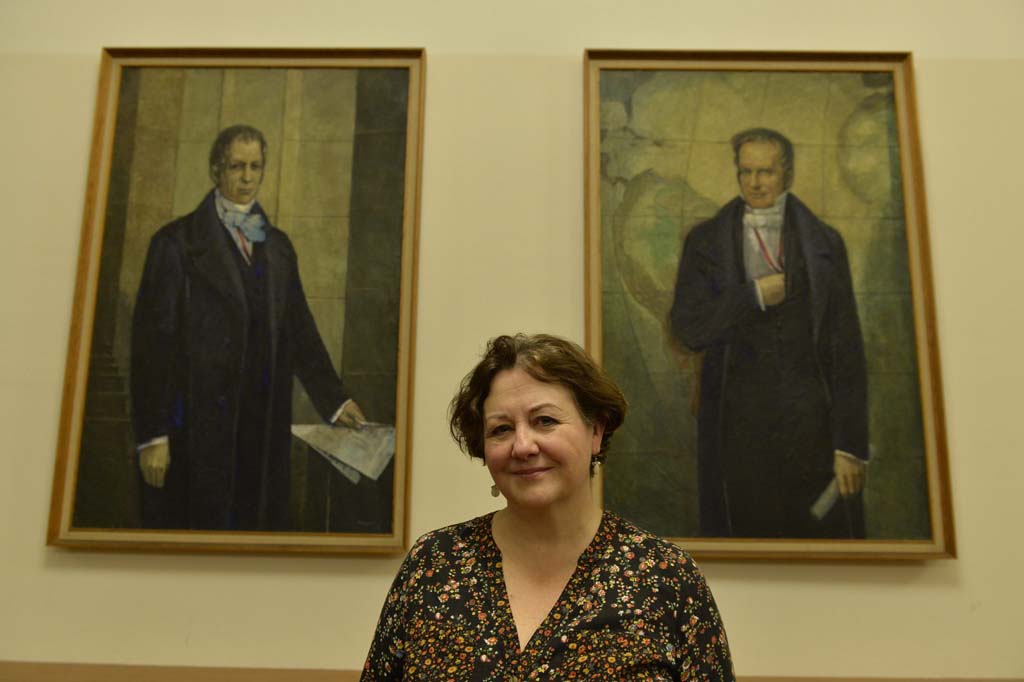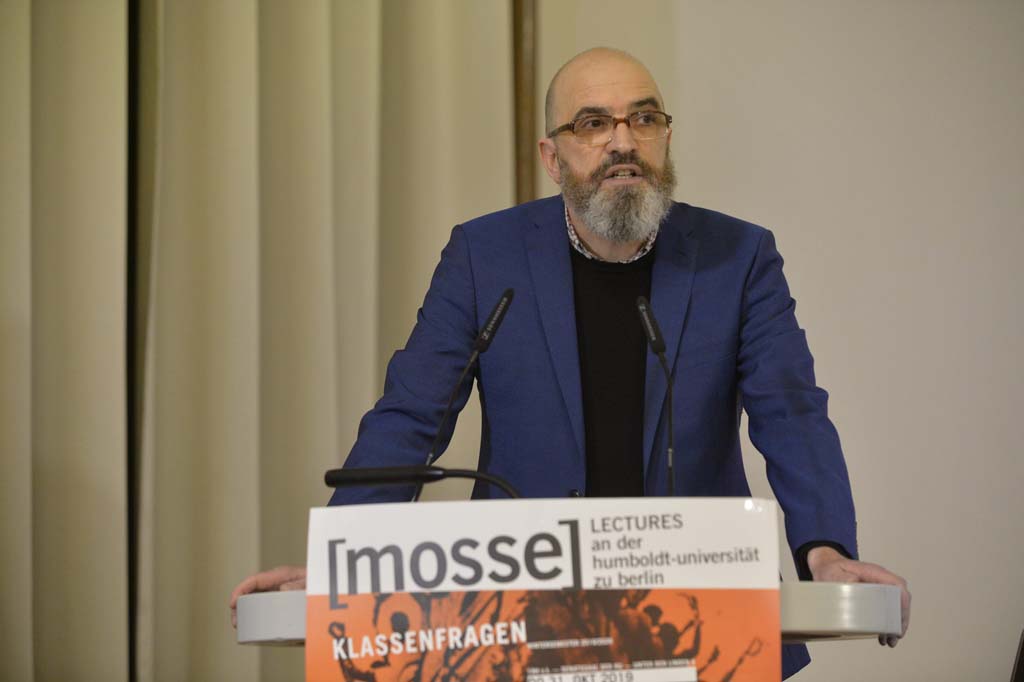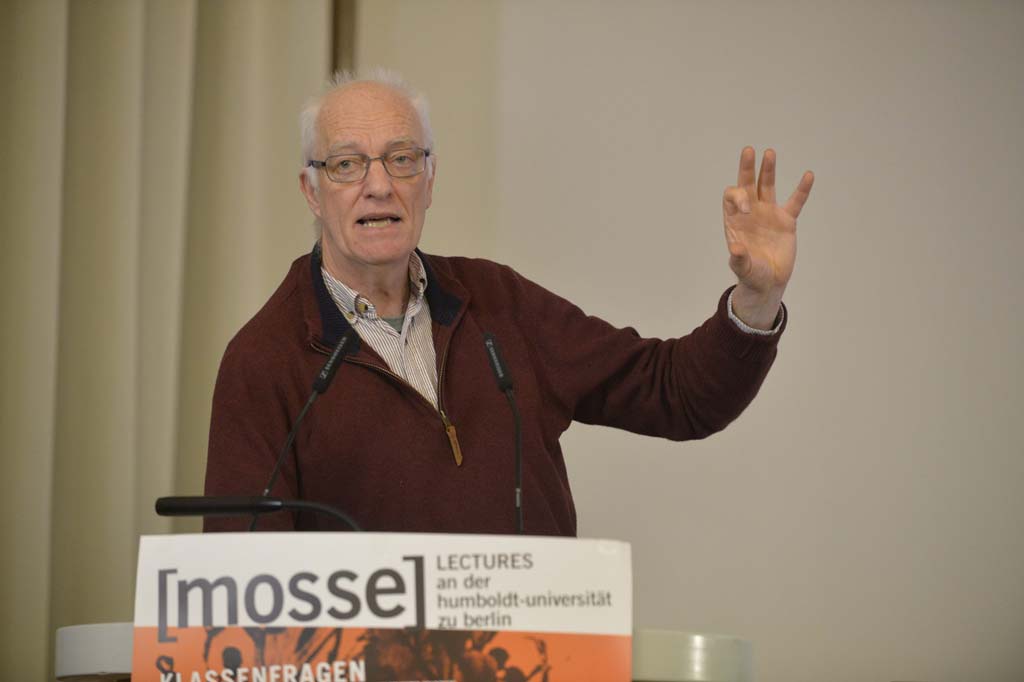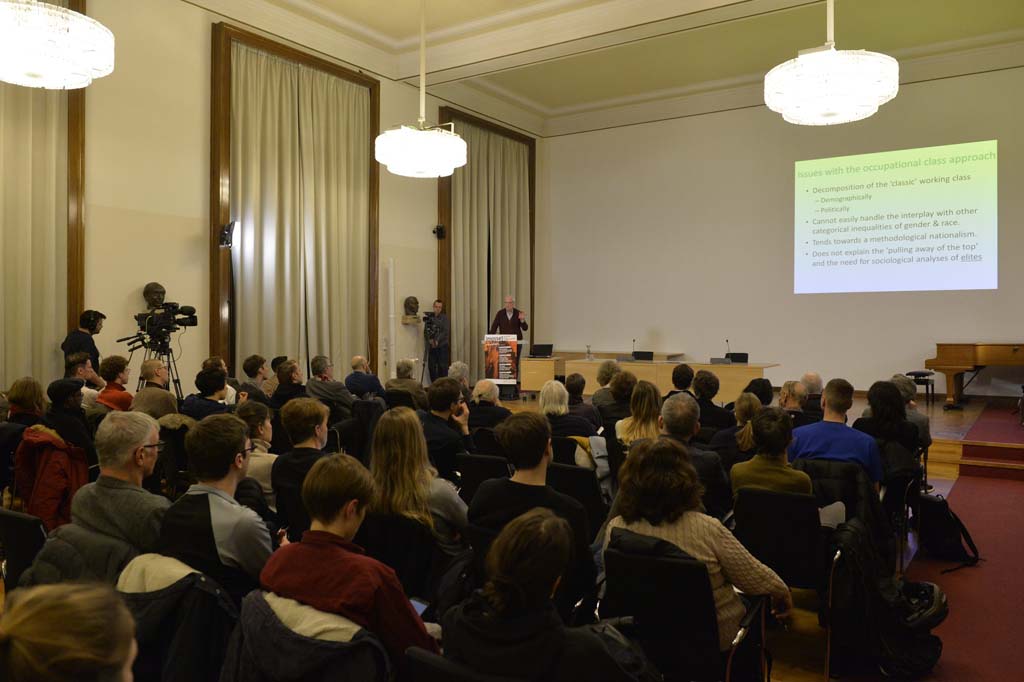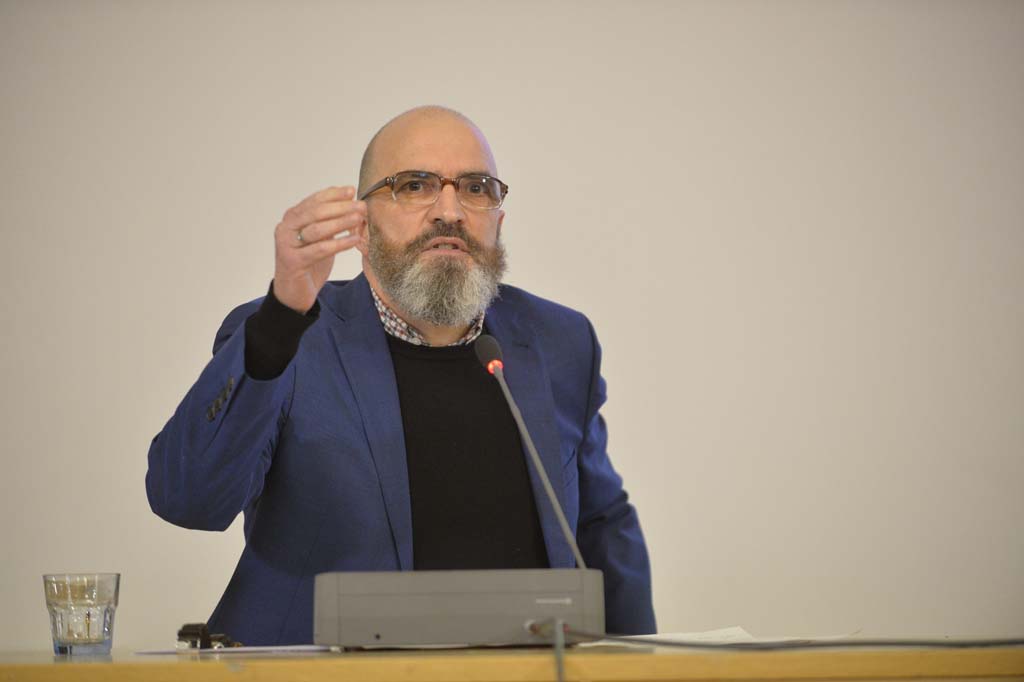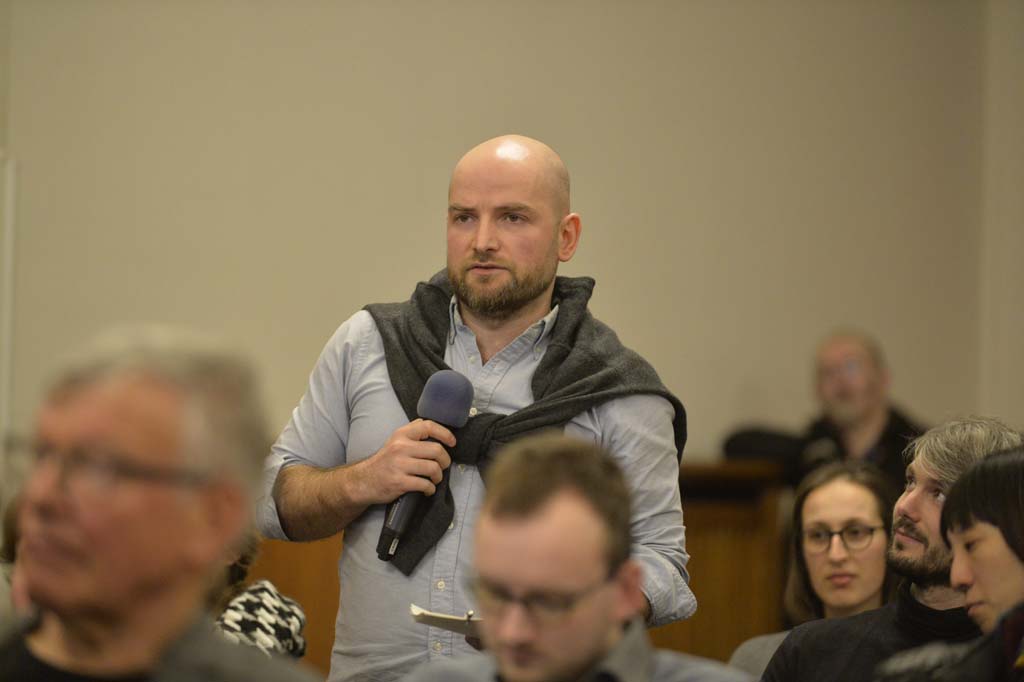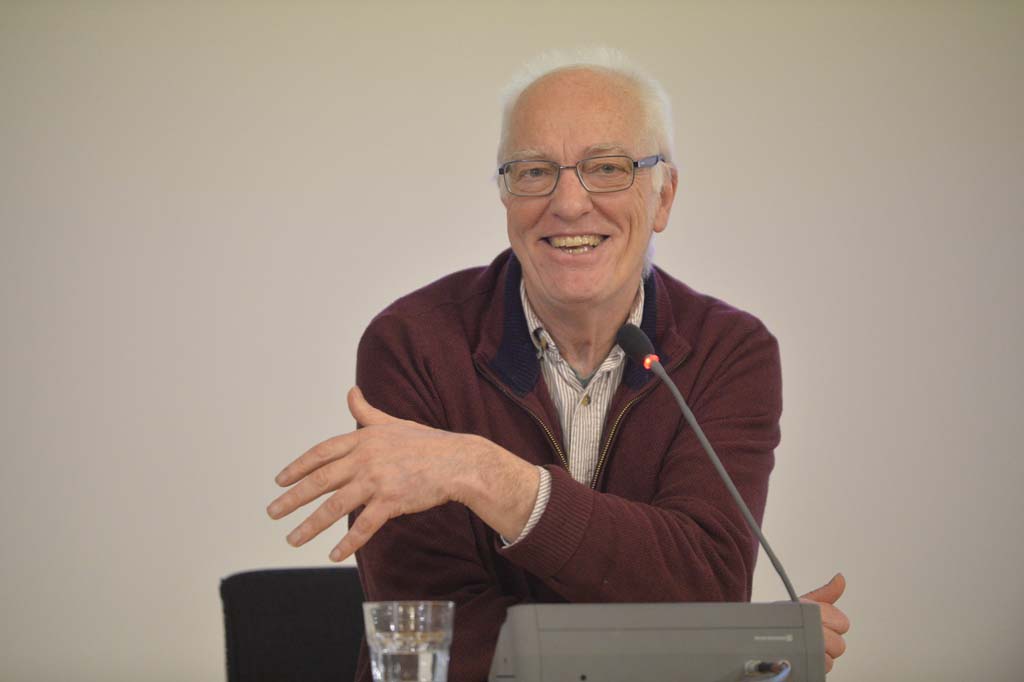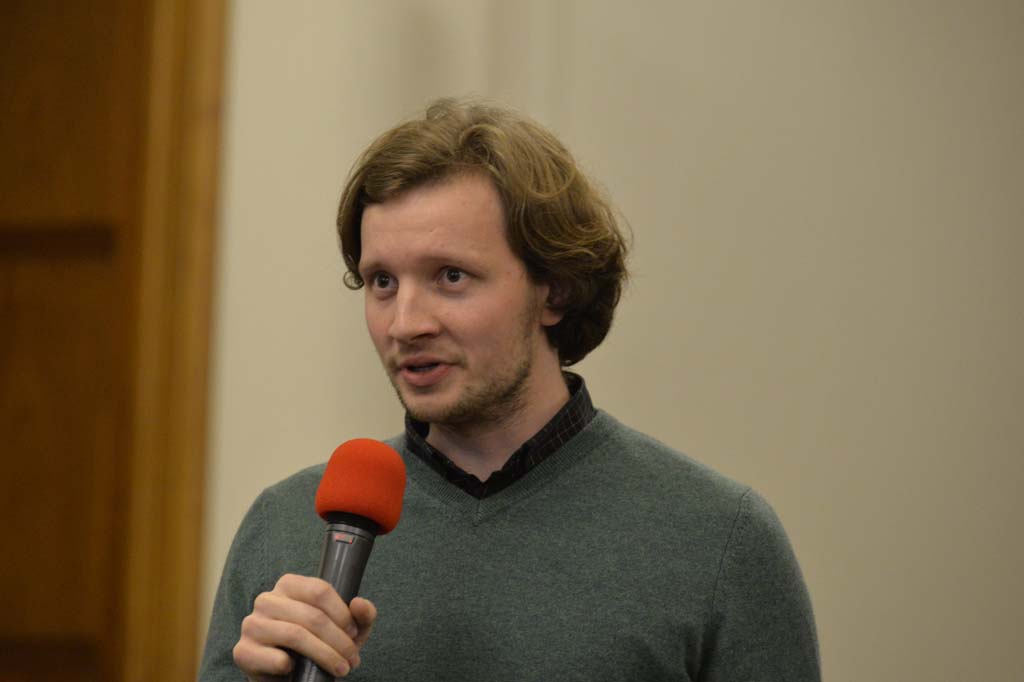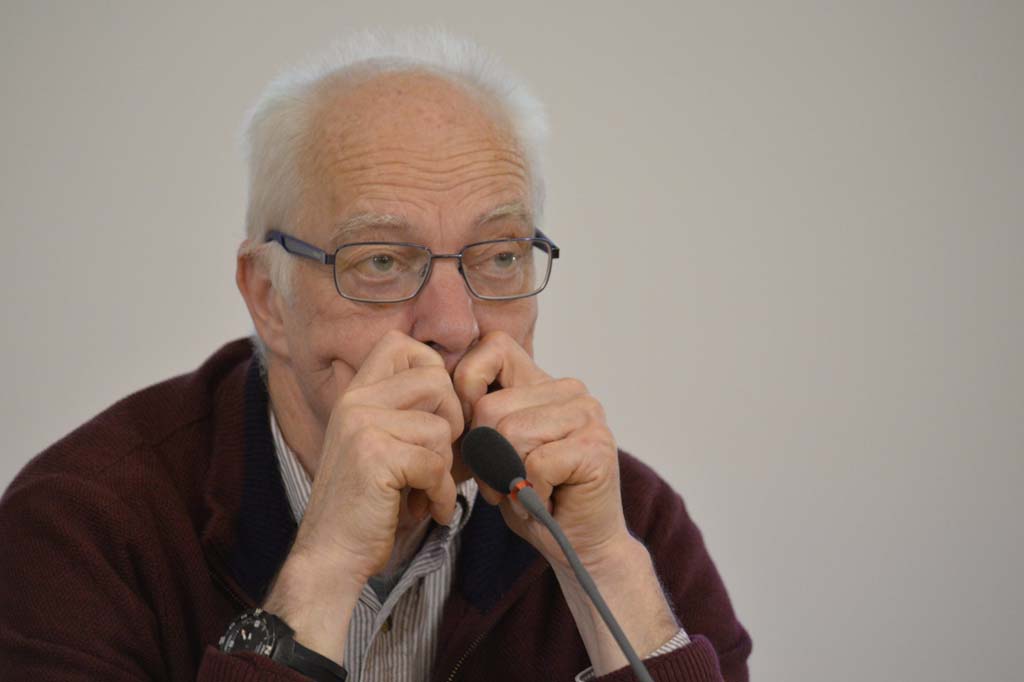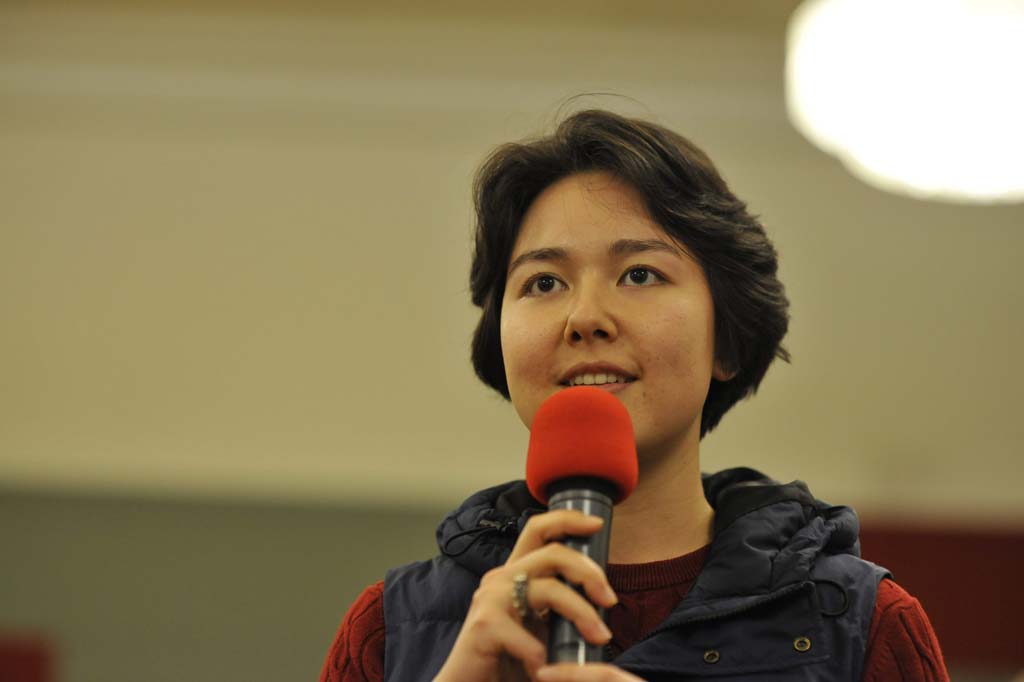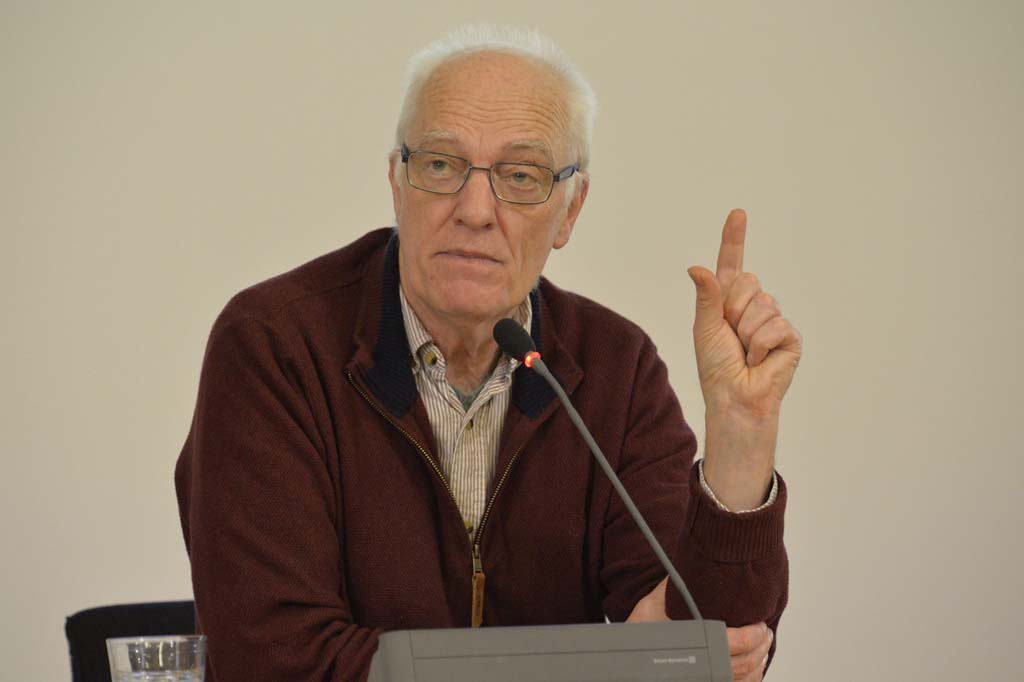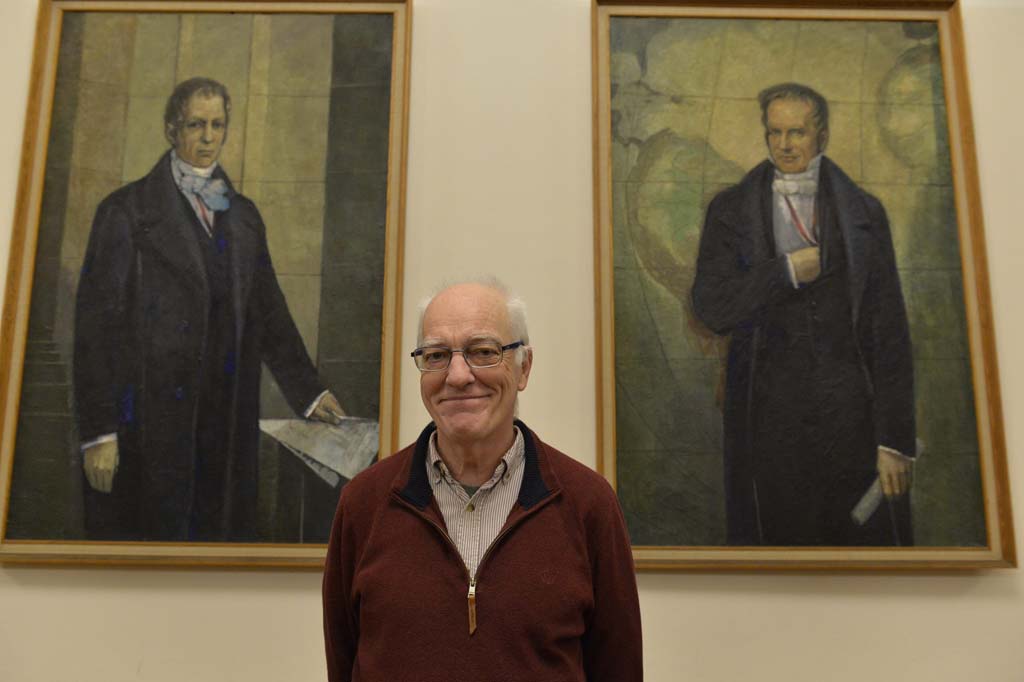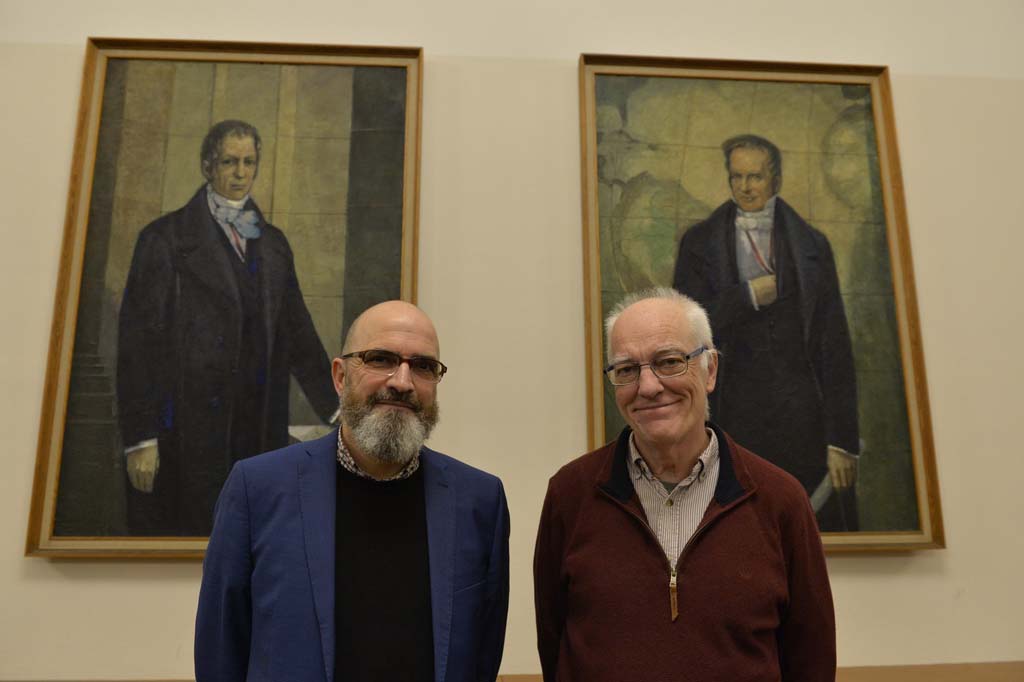Under the regime of a capitalist economy guided by profit interest, material insecurity and social fragmentation as well as inequality of life chances and educational opportunities are increasing for broad sections of the population; racist and social discrimination and exclusion are a daily experience for many. As a result, scholars in policymaking and the social sciences speak ever more frequently about the “return of class society”. Social movements emerge in different places, in various circumstances, driven by specific motivations. They are diversified and not centered any longer on the social and political organization of the working class. Equally diverse are their practices; they create confidence in their own power of emancipation and resistance thus replacing the former focus on class consciousness. Given a particular sense of belonging and solidarity shaped by birth, class and milieu, acquisition and possession, different lifestyles and habits, cannot be claimed solidly, but must be reconstructed symptomatically. Has an identity policy, accentuating the diversity of life design and lifestyle, replaced the organization of social policy? Has a liberalist and market orientated democracy, neglecting the obvious concerns of a “real existing class society” replaced social democracy? Can social change, apparent in our society, (an “authoritarian capitalism”, social movements of protest), bring forth a renewed “class policy”? How can new forms of solidarity and collectivity come into being in our times?
- Winter Semester 2024/25
- Summer Semester 2024
- Winter Semester 2023/24
- Summer Semester 2023
- Winter Semester 2022/23
- Summer Semester 2022
- Winter Semester 2021/2022
- Summer Semester 2021
- Winter Semester 2020/2021
- Winter Semester 2019/2020
- Summer Semester 2019
- Winter Semester 2018/2019
- Summer Semester 2018
- Winter Semester 2017/2018
- Summer Semester 2017
- Winter Semester 2016/2017
- Summer Semester 2016
- Winter Semester 2015/2016
- Summer Semester 2015
- Winter Semester 2014/2015
- Summer Semester 2014
- Winter Semester 2013/2014
- Summer Semester 2013
- Winter Semester 2012/2013
- Summer Semester 2012
- Winter Semester 2011/2012
- Summer Semester 2011
- Winter Semester 2010/2011
- Summer Semester 2010
- Winter Semester 2009/2010
- Summer Semester 2009
- Winter Semester 2008/2009
- Summer Semester 2008
- Winter Semester 2007/2008
- Summer Semester 2007
- Winter Semester 2006/2007


